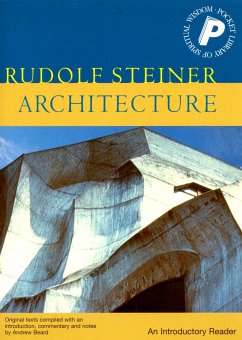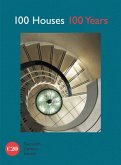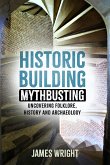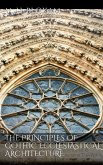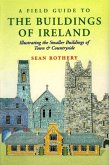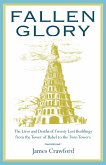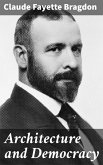The origins and nature of architecture; The formative influence of architectural forms; The history of architecture in the light of mankind's spiritual evolution; A new architecture as a means of uniting with spiritual forces; Art and architecture as manifestations of spiritual realities; Metamorphosis in architecture; Aspects of a new architecture; Rudolf Steiner on the first Goetheanum building; The second Goetheanum building; The architecture of a community in Dornach; The temple is the human being; The restoration of the lost temple.
Dieser Download kann aus rechtlichen Gründen nur mit Rechnungsadresse in A, B, BG, CY, CZ, D, DK, EW, E, FIN, F, GR, H, IRL, I, LT, L, LR, M, NL, PL, P, R, S, SLO, SK ausgeliefert werden.
